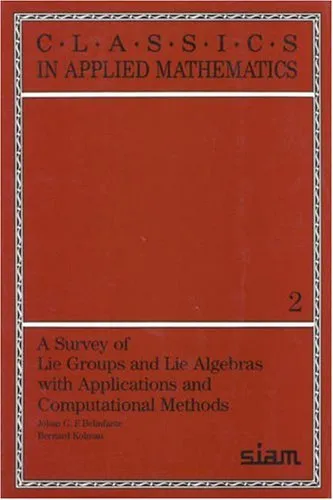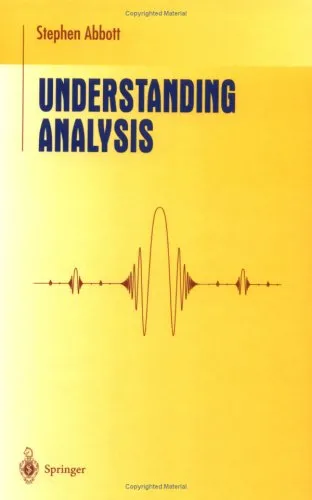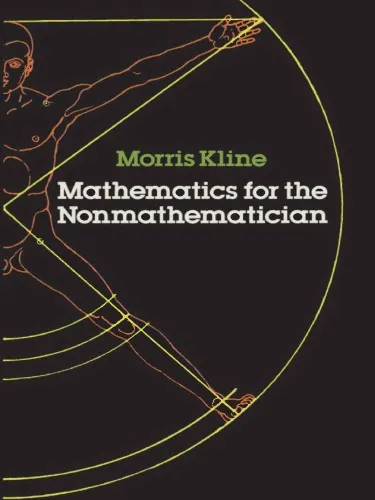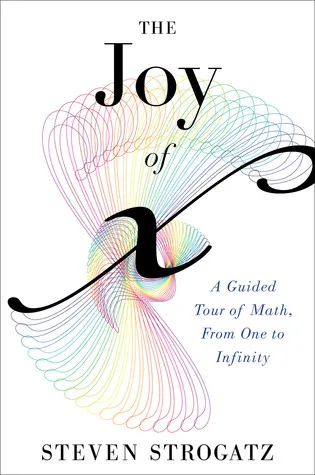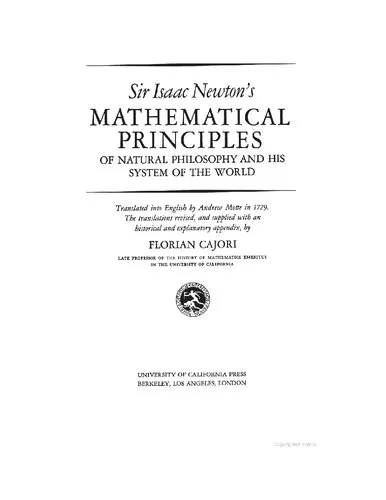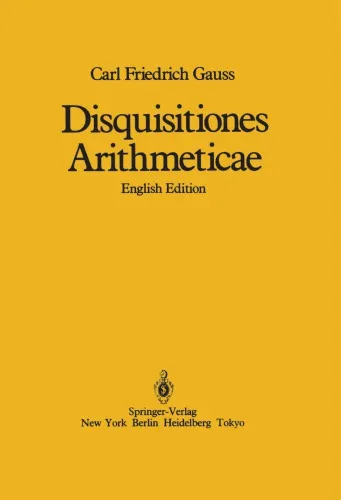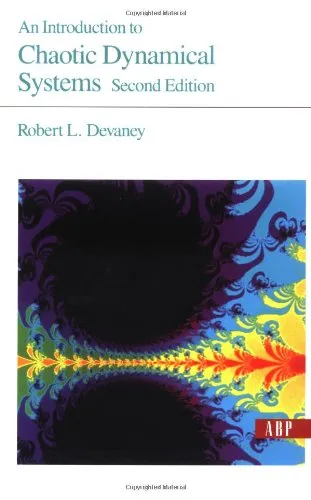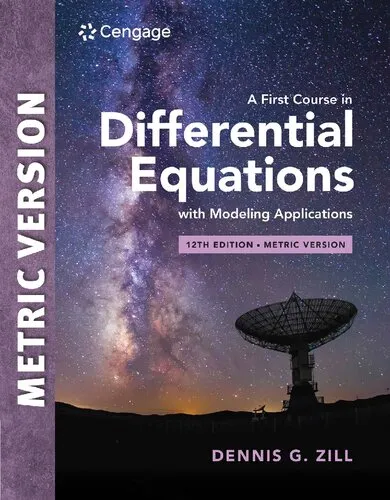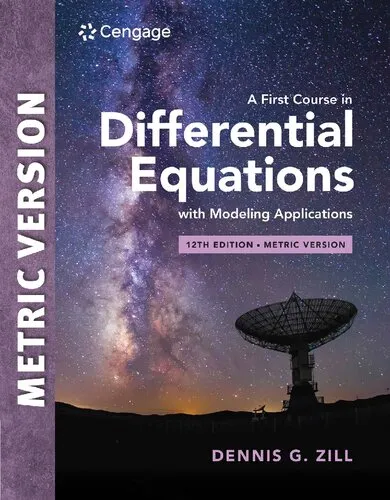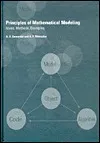A Survey of Lie Groups and Lie Algebra with Applications and Computational Methods (Classics in Applied Mathematics)
4.8
Reviews from our users

You Can Ask your questions from this book's AI after Login
Each download or ask from book AI costs 2 points. To earn more free points, please visit the Points Guide Page and complete some valuable actions.Related Refrences:
Introduction to "A Survey of Lie Groups and Lie Algebra with Applications and Computational Methods"
Lie groups and Lie algebras form one of the most remarkable areas of modern mathematics, with applications that span pure mathematical theory, physics, and computational methods. "A Survey of Lie Groups and Lie Algebra with Applications and Computational Methods" is a meticulously crafted guide that bridges abstract concepts with practical tools, making it accessible to mathematicians, scientists, and engineers alike.
Authored by B. Kolman, this classic in applied mathematics offers a comprehensive exploration of both the theoretical foundations and computational techniques related to Lie groups and Lie algebras. It balances rigorous mathematical exposition with a focus on real-world applications such as differential equations and quantum mechanics, achieving a rare synthesis of theory and practice.
Detailed Summary of the Book
The book begins with a concise historical overview of Lie groups and their development as a cornerstone of mathematical and physical science. The foundation is laid with fundamental concepts such as group theory, linear algebra, and differential equations, ensuring readers of various backgrounds can follow and benefit.
The core sections delve deeply into the structure and properties of Lie groups and their associated Lie algebras. Readers are introduced to topics such as matrix groups, the exponential map, and representation theory. The relationship between Lie groups and symmetries—a critical idea in physics and geometry—is explored in depth.
One of the standout features of the book is its focus on computational methods. Complex mathematical ideas are accompanied by algorithmic strategies, enabling readers to implement and visualize the results. These methods provide an essential toolkit for researchers and practitioners using Lie theory in applications ranging from robotics to dynamical systems.
The final sections highlight interdisciplinary applications. Lie algebras' role in theoretical physics, particularly in understanding the symmetries of the universe, is explored alongside their use in solving systems of differential equations and optimization problems in engineering. By the end, readers are equipped with both analytical and computational skills, prepared to tackle advanced problems in academia or industry.
Key Takeaways
- A solid understanding of the relationship between Lie groups and Lie algebras.
- Practical insights into the application of Lie theory in solving differential equations.
- A clear explanation of computational methods for implementing theoretical concepts.
- Exposure to fascinating applications in physics, geometry, and computer science.
- An in-depth perspective on symmetry as a unifying principle in mathematics and physics.
Famous Quotes from the Book
"Lie groups provide a natural language for understanding symmetry, serving as the bridge between abstract mathematics and the physical universe."
"The interplay of structure and computation is the heart of applied mathematics, and nowhere is this more evident than in the study of Lie algebras."
Why This Book Matters
Lie theory is a field central to modern mathematics and theoretical physics. Its principles underlie much of the progress in understanding the universe's fundamental forces and symmetries. Despite its importance, the abstract nature of Lie groups and Lie algebras can be a barrier to entry for many. This book provides a rare bridge, demystifying complex topics while maintaining mathematical rigor.
The inclusion of computational methods makes this text not just a theoretical manual but a valuable resource for applied scientists and engineers. By offering practical tools and real-world problems, B. Kolman ensures that the concepts extend beyond the page and into the tools and algorithms used in modern technology and research.
Whether you are a student beginning your exploration of Lie theory or a seasoned researcher seeking new insights and computational techniques, this book is an invaluable resource. Its emphasis on accessibility, practicality, and interdisciplinary relevance makes it a true classic in applied mathematics.
Free Direct Download
You Can Download this book after Login
Accessing books through legal platforms and public libraries not only supports the rights of authors and publishers but also contributes to the sustainability of reading culture. Before downloading, please take a moment to consider these options.
Find this book on other platforms:
WorldCat helps you find books in libraries worldwide.
See ratings, reviews, and discussions on Goodreads.
Find and buy rare or used books on AbeBooks.
